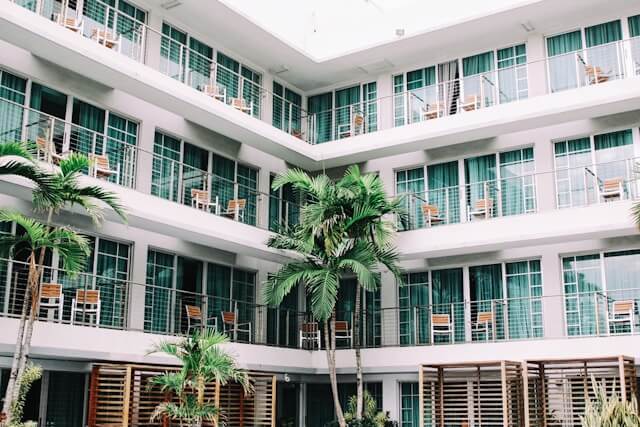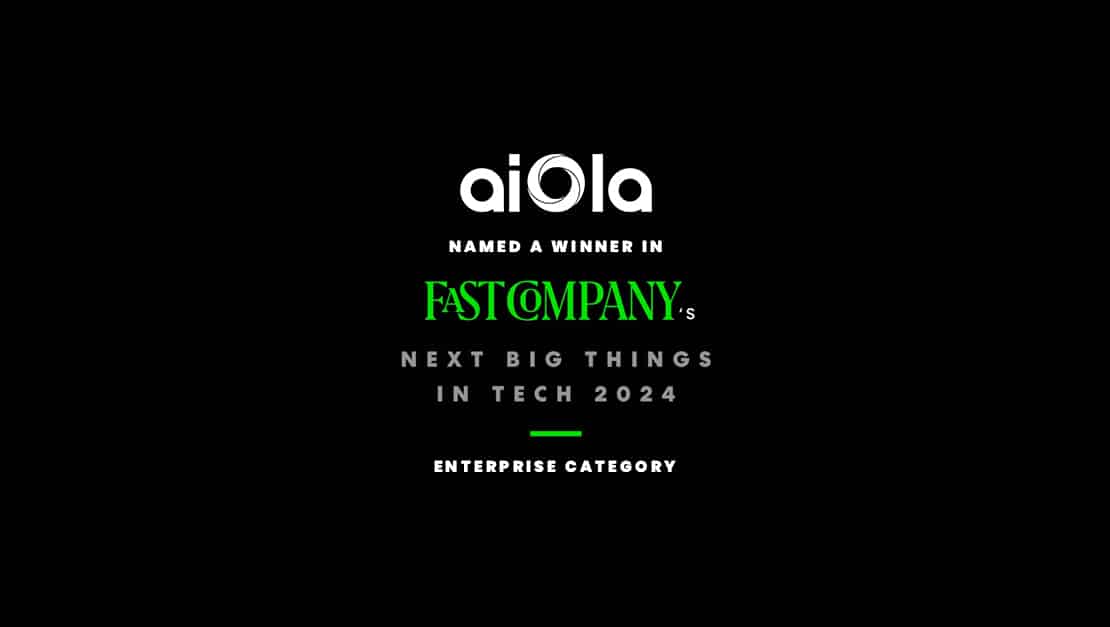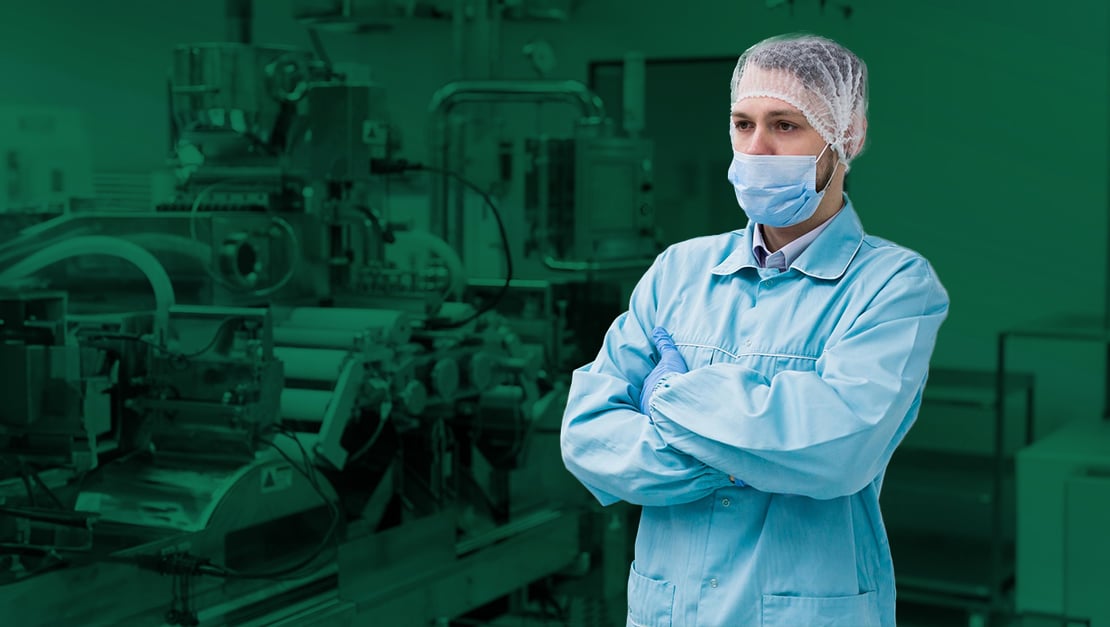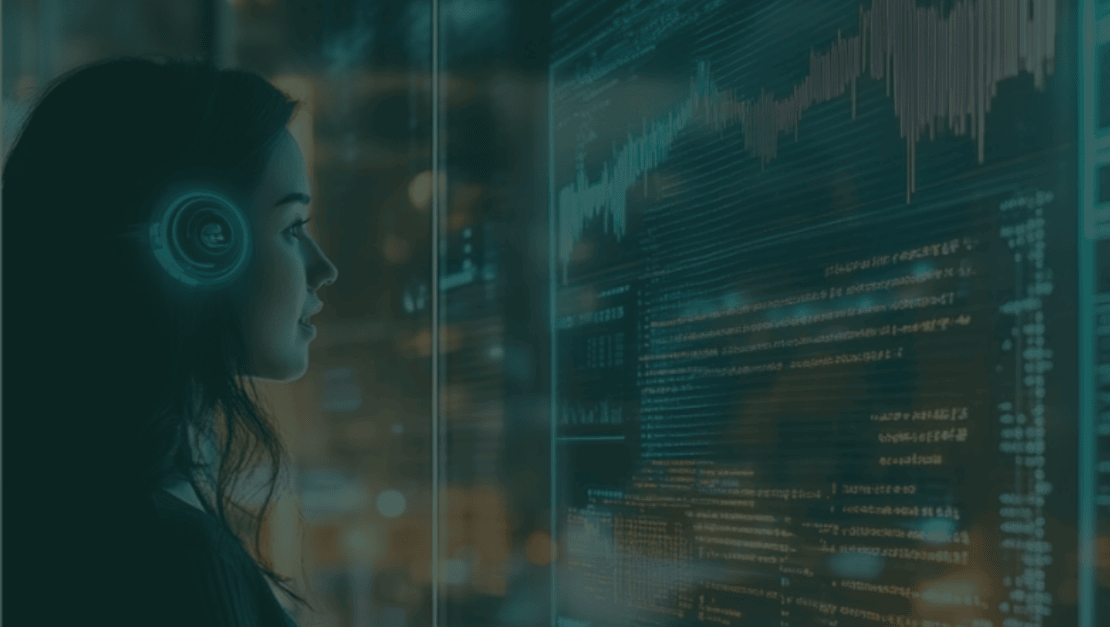Artificial intelligence (AI) is already on its path to reshape the hospitality industry, improving guest experiences from booking to room preferences. It is also helping companies offer more personalized experiences, eliminating wasteful practices, and improving operational efficiency.
That said, AI is still a relatively new technology in the hospitality industry, and there are no doubts that it will continue to drive innovation in sectors like lodging, tourism, transportation, food service, and more.
In this blog post, we’ll dive deeper into the future of AI in hospitality, examining emerging trends that are set to modernize the industry further. We’ll look at AI’s future impact on the industry as a whole and how cutting-edge technologies like aiOla speech AI are helping companies stay ahead of the competition.

Emerging AI Technologies in Hospitality
New AI technologies are set to redefine standard practices and automate workflows in the hospitality sector, and surveys show guests are actually expecting it. According to The 2024 State of Hotel Guest Tech Report, 58% of guests believe that AI can improve their hotel stays. Below, we’ll explore some of the key advancements paving the way for a more interconnected guest experience.
Advancements in Machine learning (ML)
ML is helping companies improve predictive analytics capabilities with more detailed customer insights. Thanks to ML algorithms, companies in the hospitality sector can analyze large quantities of data from different sources, like interactions, feedback forms, bookings, and others, and identify trends and individualize preferences. This can help businesses like hotels anticipate guests’ needs, optimize pricing, and offer tailored experiences.
AI-Driven Personalization
Personalization is key in hospitality, driving customers to stay loyal to brands. Future trends in AI point to more sophistication when it comes to personalization, such as experiences tailored in real-time based on preferences, data, and past behavior. This can be personalizing room settings, dining recommendations, and even entire itineraries. In the future, AI will further empower hospitality companies to cater to guests with more unique and memorable experiences.
Integration with the Internet of Things (IoT)
IoT technology is making various environments smarter and more connected and when paired with AI, can truly make experiences more unique. IoT devices like lighting fixtures, thermostats, and voice-powered assistants can be powered by AI to adjust based on guest preferences. This makes experiences related to travel and lodging more comfortable and convenient while simultaneously optimizing operational efficiencies for providers.
Future Trends of AI in Hospitality
As AI continues to be embraced throughout the hospitality industry, new trends are appearing that show a move towards greater personalization, automation, operational efficiency, and sustainability. Let’s take a look at a few trends that are likely to impact the future of AI in hospitality.

1. Predictive Personalization
Through AI, hospitality service providers can better anticipate guest needs before they even make a request by looking at previous booking data, social media activity, and real-time interactions. Companies can offer personalized recommendations for activities, room settings, and dining, creating a customized guest experience to increase satisfaction. According to a European Hotel Industry survey, 56% of respondents expect generative AI to help the industry with customized marketing campaigns and 52% expect it to provide more personalized support.
2. AI-Driven Inventory Management
In hospitality, it’s critical to reduce waste and streamline inventory management. With AI systems in place, companies can predict demand by analyzing historical data and booking trends along with other factors like local events and weather. Hotels and restaurants can use these systems to optimize stock levels which helps them minimize waste, reduce costs, and develop a more sustainable operation.
3. Automated Staff Scheduling
In hospitality, scheduling staff around the clock can be challenging, but with AI-powered tools that analyze occupancy rates, events, and even employee performance, schedules can be optimized. These systems can examine staff availability with predicted guest demand, ensuring there are enough employees scheduled to deliver top-tier service and creating more balanced work schedules for stronger employee satisfaction.
4. Predictive Maintenance
Traditionally, maintenance schedules often led to downtime or unexpected equipment failures. For example, in a hotel, a faulty air conditioning system or broken elevators can make guest experiences less pleasant. With AI at the helm, systems can predict when equipment is likely to fail based on sensor data, usage patterns, and historical performance. Then, maintenance can be scheduled before a potential breakdown occurs, which ultimately helps companies save on costs and avoid service disruptions.
5. Sustainable Practices
AI plays an essential role in promoting sustainability in the hospitality industry. With AI systems able to optimize energy usage and reduce waste such as food waste and water consumption, companies can operate in a more eco-friendly way. For example, in accommodations, AI can automatically detect when guests are in a room and adjust temperature and lighting, reducing energy consumption when they’re not around.
6. Green Technology Integration
Aside from just optimizing existing resources, AI can be integrated with additional green technologies. For instance, AI can help teams manage sustainable energy sources such as solar panels to guarantee efficient use. Using technology like computer vision and IoT, AI can also help teams monitor programs such as recycling or the use of biodegradable materials, helping hospitality companies reduce their environmental footprint.
7. Guest Security and Safety
Employee’s eyes can’t be everywhere, but with AI technologies like computer vision and sensors, systems can alert staff members in hotels and accommodations when there’s suspicious activity for strong safety in properties. Additionally, AI can be used in guest-facing roles to help facilitate check-in and security measures with facial recognition technology as well as voice recognition.
Speech AI and Its Impact on Employees
Speech AI is another technology that’s changing the way the hospitality industry operates, particularly in how employees work. By implementing cutting-edge speech AI technologies, such as aiOla, companies can make their daily operations more efficient and ensure they’re getting the most out of their teams. Here’s a look at how speech AI with a system like aiOla can simplify workflows:
- Streamlined internal communication: Systems activated by voice allow staff to send and retrieve information quickly without using multiple platforms. With aiOla, data can be accessed and collected just by speaking, which improves collaboration and speeds up response time.
- Automating administrative tasks: Tasks like generating reports, data entry, and scheduling can take up time that could otherwise be reinvested in improving guest experiences. With speech AI, employees can complete manual tasks just by speaking, freeing up time for more customer-centric activities.
- Real-time support and assistance: Speech AI technology like aiOla can help teams immediately access operation support, troubleshooting guides, and documentation by requesting and receiving information through speech. This can help teams reduce downtime and ensure operations run more smoothly, particularly during peak periods.
- Multilingual support: Hospitality requires diverse teams, which means communication barriers can occur. With speech AI like aiOla that understands over 100 different languages including various accents and dialects, teams can access real-time language translation for better communication, enhancing teamwork, and improving service.
The effect of implementing speech AI technology like aiOla can be felt not only on your workforce but on customers, too. When employees work more efficiently, guests and customers can feel the difference. Not only will employees free up more time to focus on assisting guests, but by automating tasks with AI, manual errors are reduced, resulting in an overall higher service quality that guests can feel.
The Future of AI in Hospitality: Transforming an Industry
When we look towards the future of the hospitality industry as a whole, there’s no doubt that AI will play a lead role in innovating and transforming work processes. With AI technology like aiOla making it easier for employees to work collaboratively, quickly, and error-free, the expected service levels in the industry can rise to meet customer demands without incurring a steep increase in additional manpower or resources.
Book a demo with an aiOla expert today to see how our technology can improve your hospitality business.








